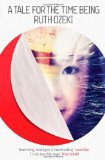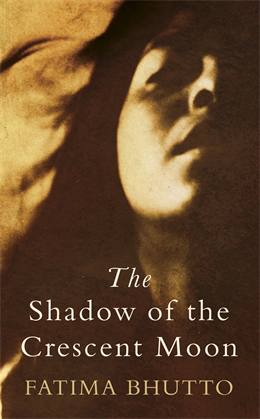The London Book Fair (LBF) is an international
marketplace for the publishing industry – an event for the negotiation of
rights, and the sale and distribution of content across both print and digital
formats. Each year the Fair has a Market
Focus. This throws the spotlight on the publishing industry in a given country,
and encourages trade between it and the rest of the world. This year LBF, in
April, will have South Korea as its Market Focus.
To run alongside the Korea Market Focus, The British Council, in partnership with The Literature Translation Institute of Korea (LTI
Korea), has announced the Korea Cultural Programme. This will feature ten of Korea’s most prominent and exciting writers
representing the depth
and diversity of contemporary Korean writing across a range of genres and formats. The delegation includes: Hwang Sok-yong, Vietnam War veteran, political dissident and
novelist whose best known work is The Guest; Yi Mun-yol, known for his award winning novel, Our
Twisted Hero; Kyung-sook Shin, the first Korean, and the first woman, to win the
Man Asian Literary Prize for her novel Please Look After Mother; Kim Hyesoon, one of Korea’s most distinguished poets; Yoon Tae-ho, ground-breaking webtoonist; Hwang Sun-mi, author of the
bestselling children’s book, The Hen Who Dreamed She Could Fly.
These writers will participate in a variety of events, some open to the public. They will explore themes including the literary imagination,
change in Korean society, the role of the family in Korean literature, digital
innovation in literature and Korean literary traditions.
In addition to the Korean writers, The Cultural Programme will involve UK writers,
translators and editors.
Taken overall, the Cultural Programme will provide an opportunity for UK audiences and publishers
to meet and interact with Korean writers, who will in turn be
able to engage with their UK counterparts in front of an
international literary audience.
Cortina Butler, Director Literature, British Council
said: “The British Council anticipates
that the Korea Market Focus Cultural Programme will have a lasting impact on
appreciation in the UK of the strength and depth of contemporary Korean
literature. We are delighted to be working with The London Book Fair and the
Literature Translation Institute of Korea on this programme and believe that it
creates a unique opportunity for the writing, publishing and reading
communities in the UK and Korea to build understanding and make connections.”
Kim Seong-Kon, President, Literature Translation
Institute of Korea, said: “The eyes of
the world are upon the 2014 London Book Fair as the event will provide a
collegiate place where different cultures and books from all over the world
will meet in good will. The event will also play an important role in promoting
cultural understanding between Korea and the UK.”
Amy Webster, International & Market Focus Manager,
The London Book Fair said: “The
London Book Fair is delighted to be partnering with the British Council on the
Market Focus Cultural Programme. Along with partner LTI Korea, the British
Council’s author programme promises to give expert access to a culture and a
literary tradition which many of our audiences will be keen to discover in and
around the fair. As publishers are now leveraging content across many
platforms, it is exciting to see a number of this year’s featured authors have
books that have been adapted for film, and also write specifically for the web,
which adds an exciting new dimension to an already well-anticipated programme.”
If you want to begin exploring the energy and diversity of Korean literature in English, the LTI
Korea has made a sample of work available to download for free here.










